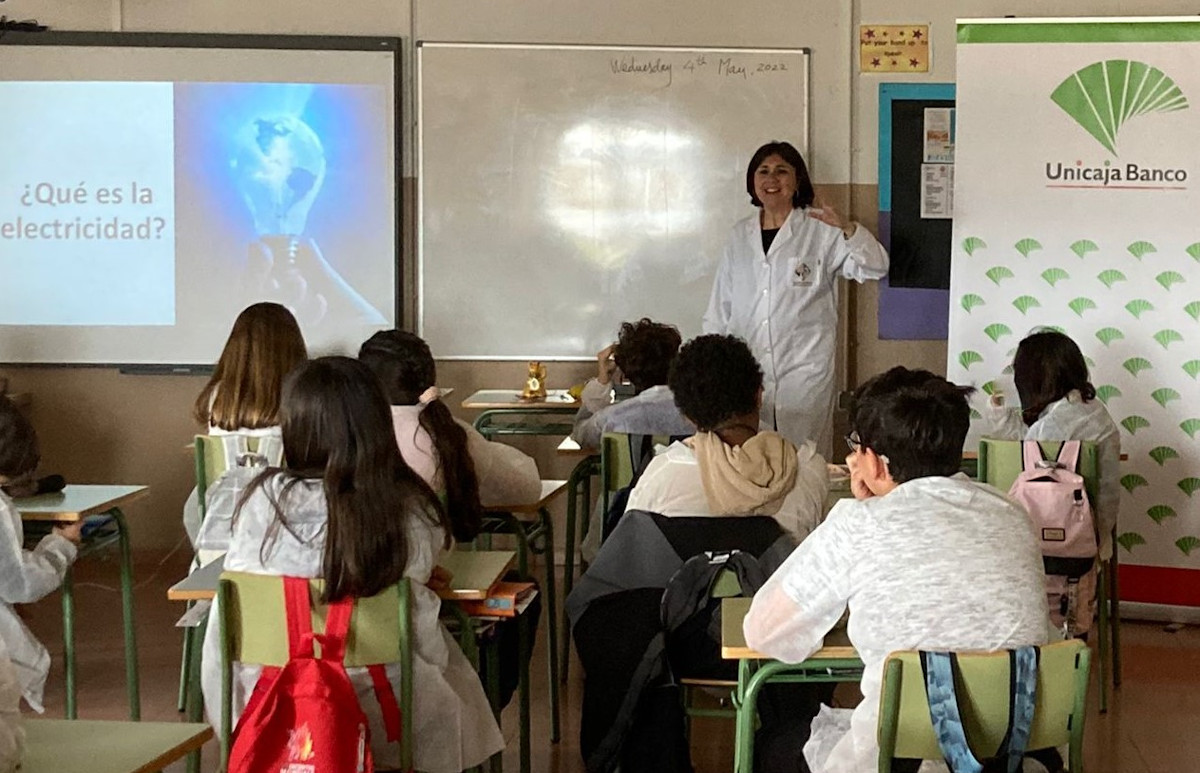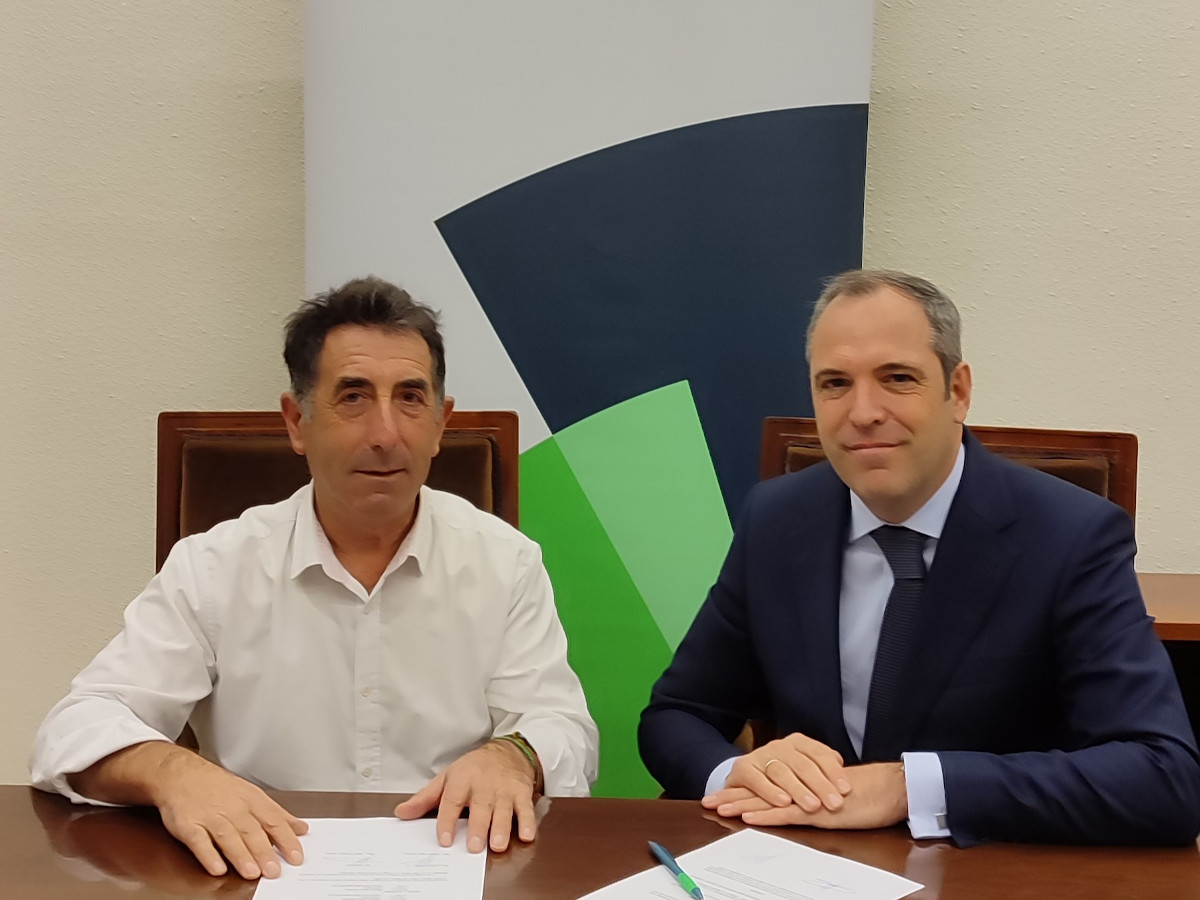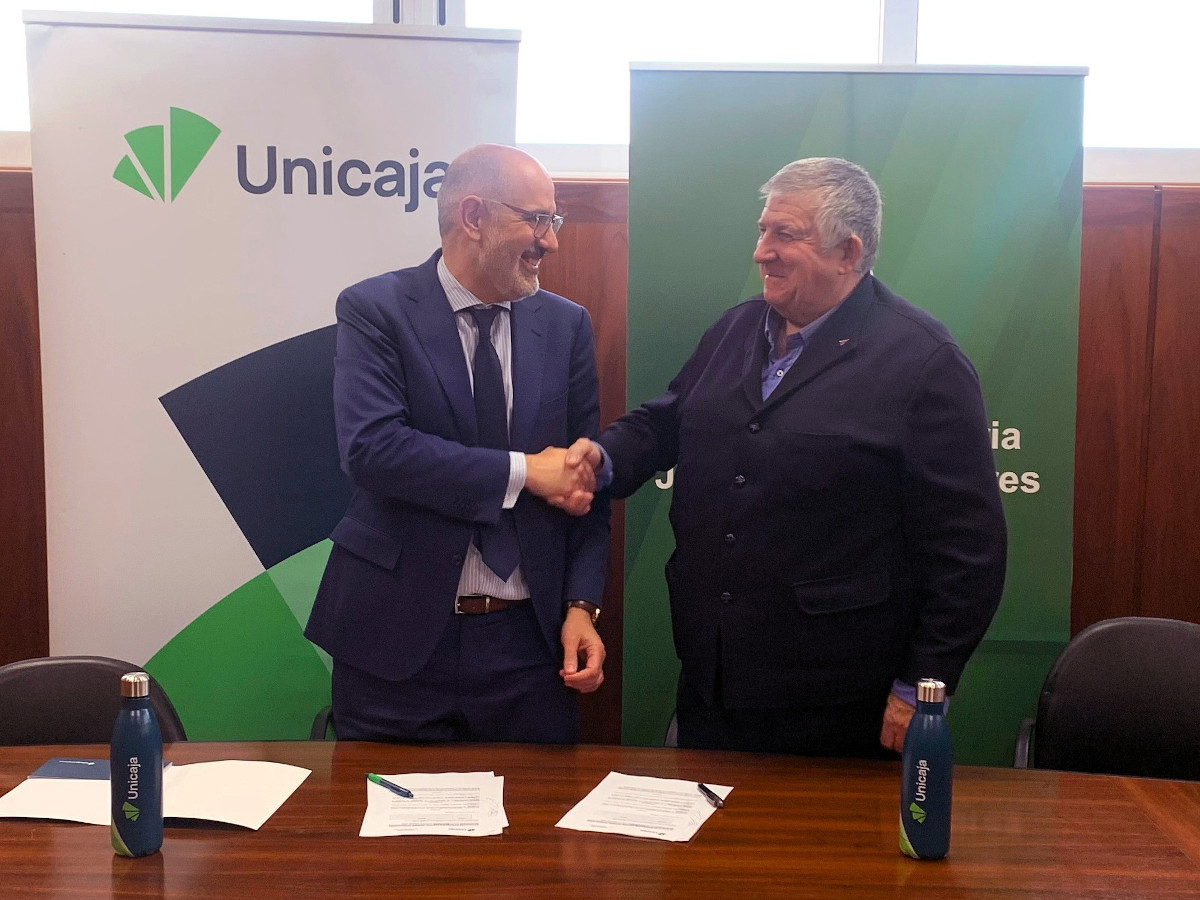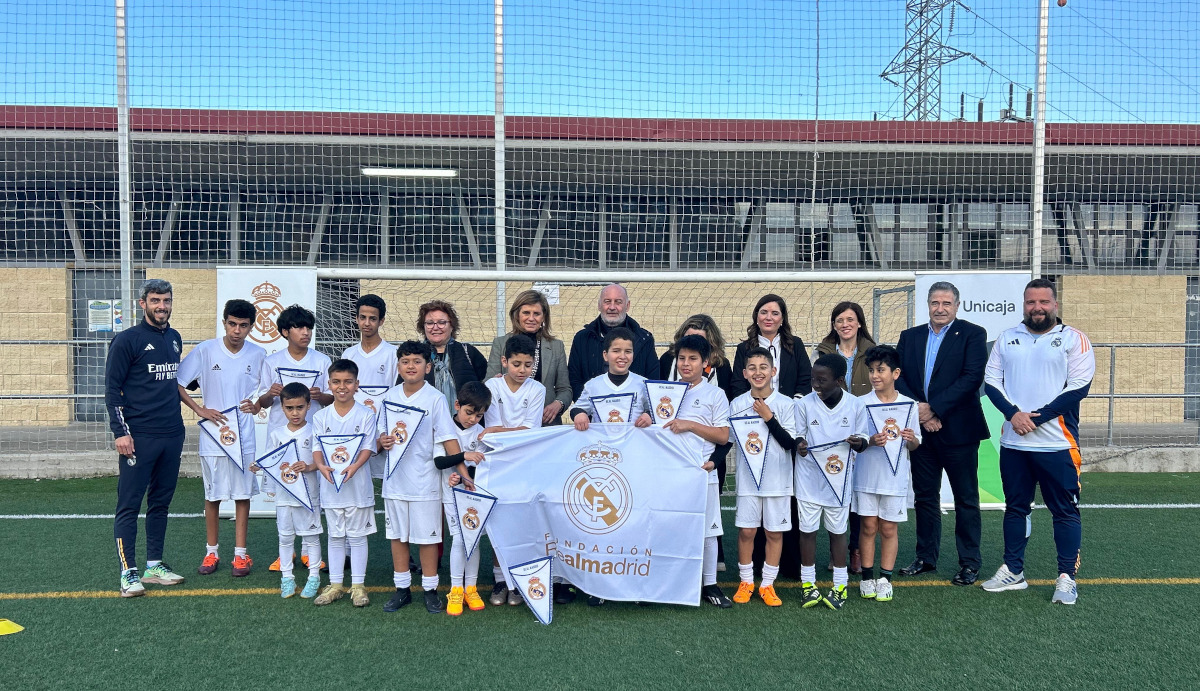The project ‘SDGs&Science’, promoted by Unicaja Banco, has reached, in the last quarter of the school year, more than 250 students from Castilla-La Mancha. This project includes workshops implemented together with the Department of Sustainable Development of the Regional Government, through Fundación Impulsa, and organized and given by Asociación Ciencia a la Carta.
With ten workshops of science outreach, given to schools and high schools, students have learnt about and worked on the 2030 Agenda Sustainable Development Goals (SDGs), to contribute in their day-to-day live to achieve the 17 SDGs. The training, focused on knowledge on clean energies, microorganisms, bird fauna or healthy habits, has been supplemented with practical activities, such as experiments or building models.
Unicaja Banco has promoted this initiative as part of its Sustainability and CSR strategy, in which it incorporates the 2030 Agenda to contribute to the achievement of those SDGs most closely related to its activity and with its social and environmental vocation. The bank joined the United Nations Global Compact and is a member of the Spanish Global Compact Network.
Asociación Ciencia a la Carta aims to promote scientific culture from all areas of knowledge and is made up of more than 50 scientists and researchers from the universities of Castilla-La Mancha and Complutense de Madrid, as well as from the Consejo Superior de Investigaciones Científicas and the Hospital Nacional de Parapléjicos, among others.
Contributing to the SDGs from science
The ‘SDGs&Science’ project, taught by Ciencia a la Carta, focuses on working on the SDGs, in order to contribute to the creation of a collective awareness that allows progress towards the achievement of the 2030 Agenda.
Students have learnt what electric energy is and how clean energy works (SDG 7: Affordable and clean energy), in a workshop given by Ruth Domínguez, industrial engineer and lecturer at the University of Castilla-La Mancha and Brescia (Italy).
Thanks to microbiologist Susana Seseña and to specialist in physical chemistry Ana María Rodríguez, both from the University of Castilla-La Mancha, students have discovered the existence of the main types of microorganisms and how they interact with humans (SDG 3: Health and well-being, and SDG 7: Affordable and clean energy).
They have also learnt about healthy habits with 'super grandparents' (SDG 3: Health and well-being), a workshop given by Luis Alegre, professor of Physical Activity and Sport Science at the UCLM.
With the study of the behavior of birds, the students have approached each of the 17 SDGs, since, according to Juan José Sanz, scientific researcher at the National Museum of Natural Sciences (CSIC), there are many examples in the world’s bird fauna that show that the goals pursued by humans for 2030 have already been achieved by many species in the natural environment.



